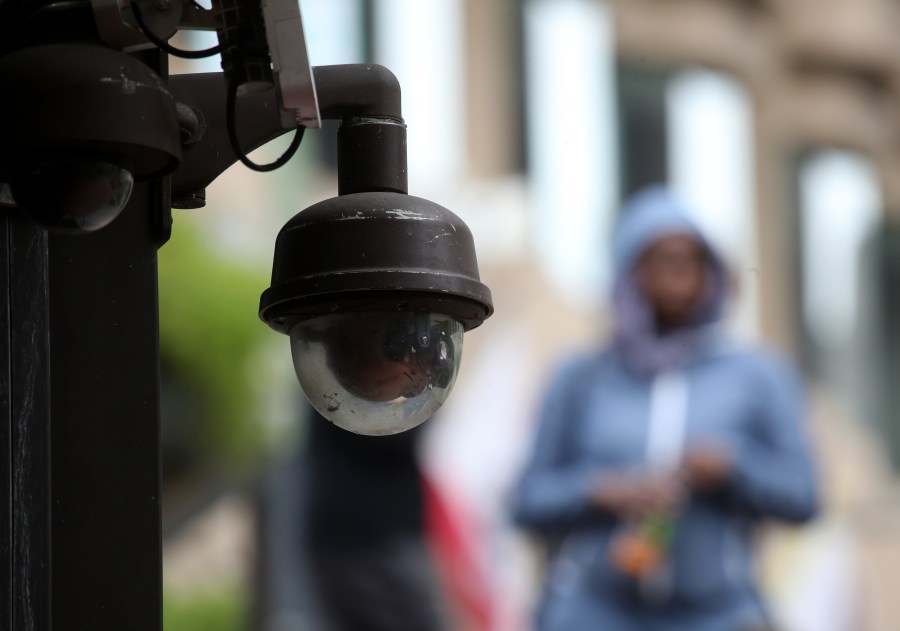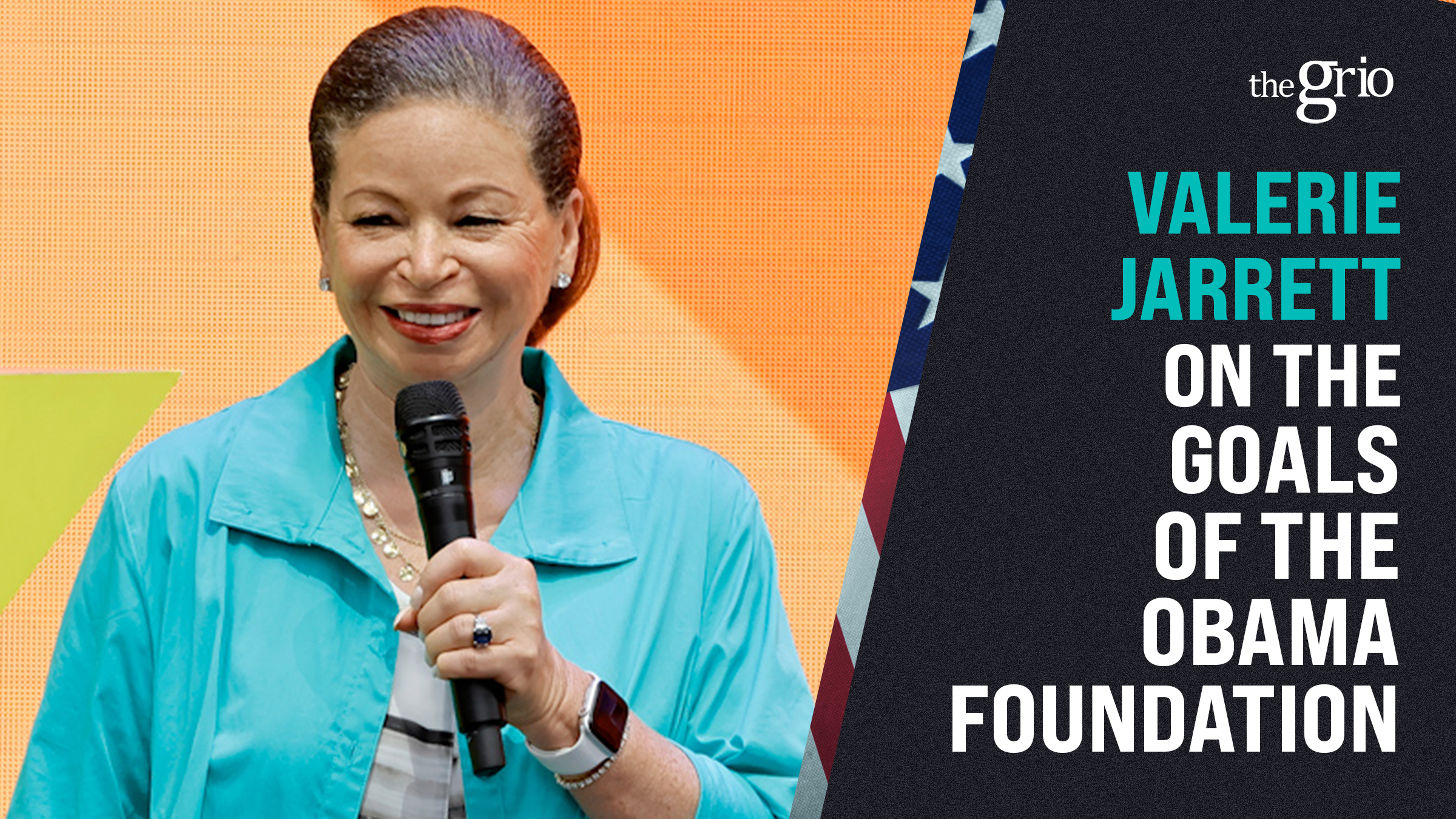Bias in AI puts Black Americans in legal peril
“It puts us in danger of being falsely accused,” says Damon Hewitt, head of the Lawyers’ Committee for Civil Rights Under Law.
The fast-moving artificial intelligence industry has the civil rights community calling for caution, particularly regarding AI technology and law enforcement.
At issue are facial recognition programs within AI that do not recognize dark-skinned Black people.
Damon Hewitt, head of the Lawyers’ Committee for Civil Rights Under Law, told theGrio that the technology used by law enforcement is biased because it uses tools that do not adequately recognize Black and brown faces.

“The facial recognition technology is typically not normed or tested against people with darker skin tones,” he noted. “It puts us in danger of being falsely accused,” something Hewitt said is an age-old problem for Blacks in America.
Hewitt said the problem with this technology “is not just Black people,” clarifying, “It is darker-skinned Black people.”
Hewitt uses his hometown of New Orleans as an example, as the city has been “written up” about its “overuse and misuse of facial recognition technology against its Black residents.”
Facial recognition is used in a multiplicity of areas nationally and internationally, including in law enforcement, with just one example being U.S. customs at airports.
Immigration advocates have also complained about AI facial recognition.
Nana Gyamfi, executive director of Black Alliance for Just Immigration, previously told theGrio she is concerned about applications used for U.S. immigration services that often do not recognize the faces of Black migrants when seeking asylum. She said those migrants often come from Africa, Haiti, and the Caribbean.
U.S. Senator Chuck Schumer hosted a series of sessions on AI on Capitol Hill this week. On Monday, while visiting the White House for the signing of Presiden Joe Biden’s historic AI executive order, Schumer acknowledged there is an issue of bias in facial recognition.

Schumer told theGrio, “We’ve had, as you know, a whole number of forums…exploring all the details so that our congressional committees can act.”
In efforts to find a solution to this pervasive problem, the Senate majority leader acknowledged he and other lawmakers are mulling over legislation to remedy the growing concern as companies continue to develop AI technology and roll it out into the market.
“I’m making sure that the system does not do that,” said Schumer. “These big large systems have biases built into them. We have to remove those in every way we can.”
However, Hewitt said he hopes Schumer and congressional members understand that there is a “racial justice imperative” to regulating AI.
“You can’t have any meaningful and authoritative legislation about AI if civil rights protections are not built into the fabric of it,” said the attorney and advocate.
Hewitt cautioned Schumer, “If there’s nothing about law enforcement in [your] legislative proposal, there will be a gaping hole and a big mess.”

The rise of AI and its potential harms was also discussed at the Obama Foundation’s second annual Democracy Forum on Saturday in Chicago.
Valerie Jarrett, CEO of the Obama Foundation, told theGrio, “We’re looking to make it equitable and fair.”
Jarrett acknowledged technological advancements over the last 10 to 20 years but also recognized this critical moment for AI.
The former Obama White House senior advisor said there must be “checks and balances” and “parameters” when it comes to the sensitive issue of bias and facial recognition.
Jarrett believes one of the solutions to the problem is that the technology industry reflects the world’s diversity.
”The people who are designing it…[must] reflect the rich diversity of the people who were going to be using it,” said Jarrett.
She said moving forward, industry leaders and lawmakers must “look for those unintended or intended” lapses in advanced technology and prevent its harm to vulnerable communities.
TheGrio is FREE on your TV via Apple TV, Amazon Fire, Roku, and Android TV. Please download theGrio mobile apps today!


